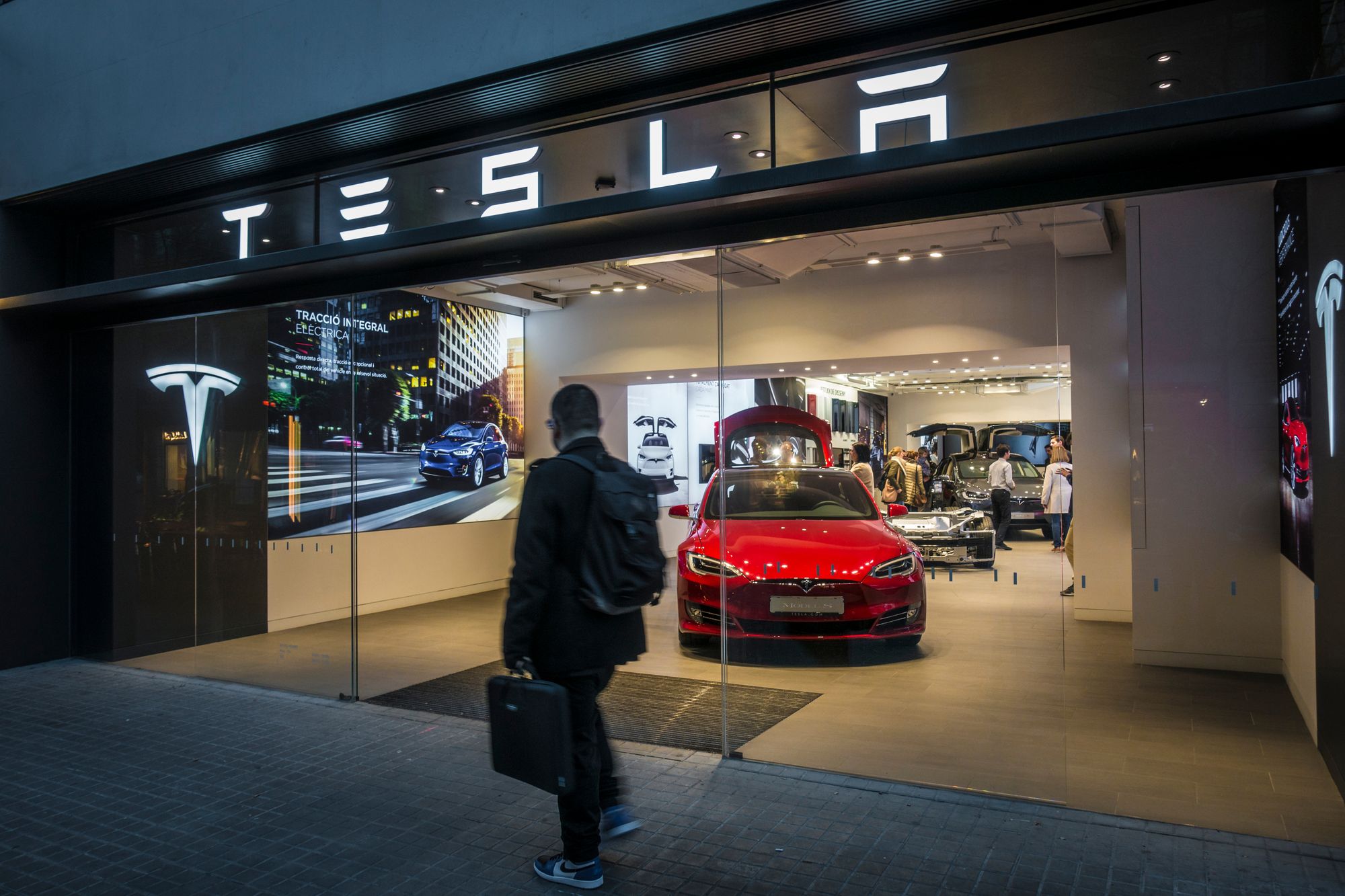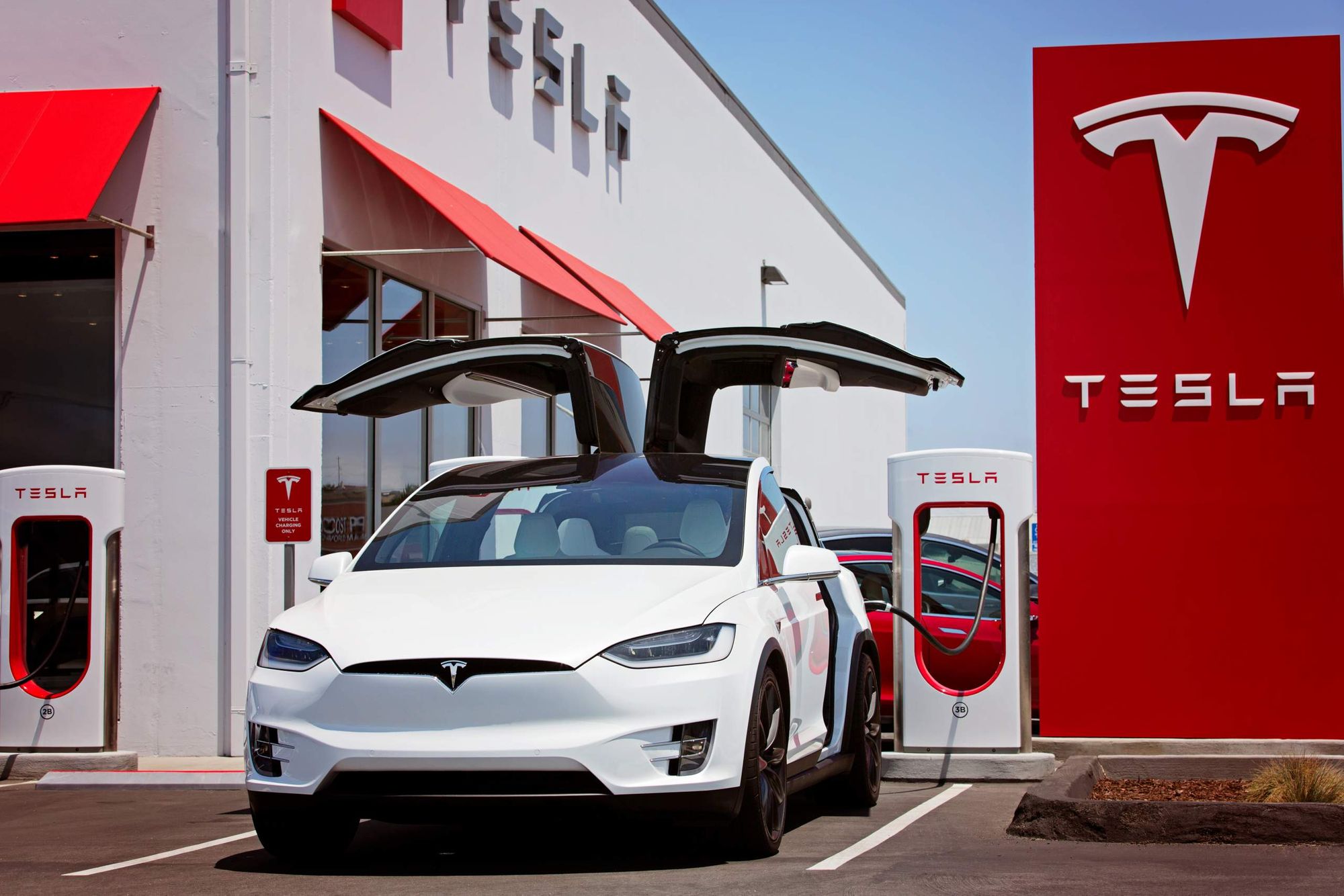Do Teslas Really Save You Money?


When the Tesla Model S entered the scene in 2013, the big American car makers like General Motors, Ford, and Chrysler surmised that electric cars would not go mainstream anytime soon. They were convinced that the public simply didn't know enough about EV's to entrust them with their hard-earned money.
However, it seems that Tesla Motors co-founder Elon Musk took this chance to prove the Big Three wrong. Since the Model S's debut, the firm has shattered numerous company and national records. In 2019, Tesla became the world's best-selling electric vehicle (EV). Finally, in 2020, Tesla had the highest market cap of any other auto manufacturer.
The trend is fueled by increasingly attractive styling, better performance, and other features. All of this has created the impression that Teslas are now a viable option for mainstream car buyers.
But, the big question is: does Tesla really save you money?
If you're wondering if a Tesla is really worth it, this is the article for you. In it, we'll compare a number of factors to help you make an informed decision about whether or not the car is worth your money, and most importantly, whether or not it helps you save in the end.
Tesla Models and Prices
So how much does a Tesla cost? Well, that depends on the model. There are currently four main Tesla models you can purchase: the Model S sedan, the Model 3 mid-sized sedan, the Model X SUV, and lastly, the Model Y. (The Cybertruck and Roadster are still in production.)
Tesla Model S Sedan - The Model S, introduced first in 2012, is Tesla's original car. It can seat five adults and up to two children. Its base price is about $90,000, with the most expensive model hovering around $150K. It offers a lithium-ion battery with an EPA estimated 390 miles per charge. With its powerful engine and autopilot features, it's the go-to luxury Tesla product.
Tesla Model 3 Sedan - The Model 3 sedan was created with the purpose of achieving a mass market. The price starts at around $38,000 and can seat up to 5 adults. It has an EPA estimated 325 miles per charge. As the cheapest Tesla available with a lot to offer, it's the most popular model on the road.
Tesla Model X - The Model X SUV is marketed as an environmentally friendly car that still offers the same luxury amenities as its predecessor. With seating for five adults plus two children, this car starts at about $91,190 and has a range of 325 miles. However, there are also plenty of high-end features available to purchase, including the Ludicrous upgrade ($20,000), the premium package ($5,000), and a matching set of 21″ custom wheels ($4,500).
Tesla Model Y - The Model Y is a compact SUV that starts at around $53,000 and seats five adults. This car has an EPA estimated range of 316 miles per charge. The Tesla Model Y offers five seats as standard, with the option of adding a tiny third-row bench for $3,000 on Long-Range models, increasing the vehicle's seating capacity to seven. There's also a $1,000 option that adds a tow hitch.

Do Teslas Help You Save Money?
In regards to the purchase price, the cost of Tesla vehicles is indeed high. However, experts say that the savings over eight years will outweigh this investment, as long as you have access to a charger at home or work and can afford both the initial investment and the annual maintenance, which should be expected with all cars.
Tesla's website states that the average cost of a home charger installation is between $500 and $1,500, depending on your electric company. A full charge at home costs between $7.65-$12.54, or $0.03-$0.04 per mile. In comparison, a traditional vehicle typically costs 15.9 cents per mile when gasoline costs $3.50 per gallon.
In addition, Teslas can be more expensive to insure. Of course, a driver's insurance costs will depend on many different factors, but in general, the more expensive a vehicle the more the insurance costs. If you are considering purchasing a Tesla vehicle, it's best to compare insurance rates with your current insurer to make sure you can continue coverage.
Pro Tip: Teslas alone won’t maximize your savings! How and when you charge will also impact your electric bill. If you need help charging your EV most cost-effectively, we recommend trying the Optiwatt app. Available for free and compatible with all Tesla models.
How Much Does a Tesla Save You On Gas?
When it comes to gas, the savings are indisputable. Assuming 15,000 miles driven per year, five years of ownership would save about $7,000 in fuel costs. For a more in-depth guide on Tesla fuel savings, you can read our accompanying article here.
That being said, it is important to remember that saving money on gas means little if you're spending a hefty amount on the purchase price. However, considering that there are incentives for purchasing an electric car or one with high mileage per gallon, these costs can be offset by the U.S. government.
What Incentives Are Available to EV Owners?
The federal rebate for battery-electric cars and plug-in hybrids applies to all states. The rebate ranges from $2,500 - $7,500 and depends on the battery's capacity. The $7,500 electric vehicle tax credit is only available to battery-powered cars, while some plug-in hybrids with smaller batteries get a lesser amount. See the breakdown of tax credit amounts for further detail.
State and local electric car tax credits apply depending on where you live. Many states, including California and Colorado, have their own tax incentives for buying electric cars.
An interesting approach being used in California is the "Clean Vehicle Rebate Project, “or "CVRP.” This project offers rebates for low and moderate-income families wishing to purchase a new clean vehicle, such as an electric bicycle, e-motorcycle, e-car, e-truck, etc. In addition, some of those rebate fees will be applied towards building more charging stations in the state. For more information on this rebate program and to find out which EVs are eligible, see the CVRP's website.
What Kind of Maintenance Can You Expect?
According to a study completed by the U.S. Department of Energy, there's a 4-cent difference per mile between owning a gas-powered automobile and an electric vehicle. This includes maintenance costs such as oil changes, brake pads, and new wiper blades. While 4 cents does not sound like a lot, it can add up to hundreds or even thousands of dollars a year.
As electric cars do not need oil changes and other traditional maintenance, their owners save a significant amount per year by not having to service their vehicles. Tesla's batteries have far fewer moving components than comparable internal combustion engines, so their maintenance requirements are lower. Tesla cars' batteries are guaranteed for eight years.

Non-Monetary Benefits of Owning an Electric Car
Electric vehicles are certainly here to stay. It's predicted that by 2025, all new cars sold globally will be electric. This number is estimated to increase to 40% by 2030. Costs aside, what are the non-monetary benefits of owning an electric car?
Since they don't have a combustion engine, electric cars are nearly silent. In quiet neighborhoods, this can be either a blessing or a curse. For those living next door to an electric vehicle owner, it can be perceived that their neighbor had purchased a luxury non-motorized lawn ornament that emits no sound pollution whatsoever. There's also the fact that there is virtually zero carbon footprint from using electricity as fuel for your car.
Every day new models of EVs hit the market with better mileage and longer range capabilities. As more people drive EVs, it will spur more production of lithium-ion batteries, which means those batteries will become cheaper and be able to be used in home energy storage.
Other benefits of electric vehicles include daily driving, which is essentially stress-free. You don't have to go through the trouble of accelerating from 0-60, you won't fall victim to a stalling engine during a hill climb. Most EVs have enough torque to handle even steep hills with ease.
Car maintenance is next to nothing for an EV, minus the tires and windshield wiper blades. No tune-ups, no oil changes, you can even go a little longer in between brake pad replacements! Although most EVs still use hydraulic brakes, regenerative braking helps charge your battery while braking, so in reality, they last a little longer.
Just like your cell phone, EVs have become more powerful while getting smaller and cheaper! Teslas are now able to drive over 300 miles on a full charge. That means you can drive from DC to North Carolina without stopping at a gas station. It will take less than two hours to recharge your battery via Tesla's superchargers, which are strategically placed throughout the country. Technology is constantly improving with leaps and bounds being made by companies all around the world.
The future of automobiles looks bright thanks to these amazing EV vehicles.
Are Teslas Worth It?

Teslas have gained a reputation over the years for their sleek designs, smooth rides, remarkable acceleration speeds and extremely low operating costs - even when compared to gas-powered alternatives. And while most consumers aren't rushing to buy cars without gas engines in them yet (consumer awareness is still relatively low), more manufacturers are beginning to focus on similar electric designs with the promise of long-range and quick recharging wait times. Even though they still might have more upfront costs than a conventional car, Teslas boast a remarkable range that makes them convenient for daily commuters, as well as those looking for weekend getaways. Plus, more charging stations are being built each year to accommodate those who don't have a garage or designated parking spot for their car.
For the more expensive Tesla models, they cost more than economical gasoline-powered vehicles in both upfront and maintenance costs, even after fuel savings are considered over eight years. However, considering their green profile, opportunities for tax breaks across the nation, and expected lifespan of at least 300k miles, buying a Tesla makes sense for drivers who want to reduce their environmental impact while potentially saving hundreds of dollars in fuel costs each year.
When it comes to the least expensive Tesla model, you're getting a bargain in terms of gas mileage, even including electricity costs. Plus, you're also getting access to special features and Superchargers across the nation. It's no wonder that the Tesla 3 is the company's top-selling model at this point.
After careful consideration of all current models, Consumer Reports named the Tesla Model 3 as its top pick in 2020 for new car shoppers who are looking for an electric vehicle.
So, are Teslas worth it? That’s up to you! Every EV owner extracts a different amount of value from their vehicle. Whether that be sentimental value or monetary value, the choice is yours!










